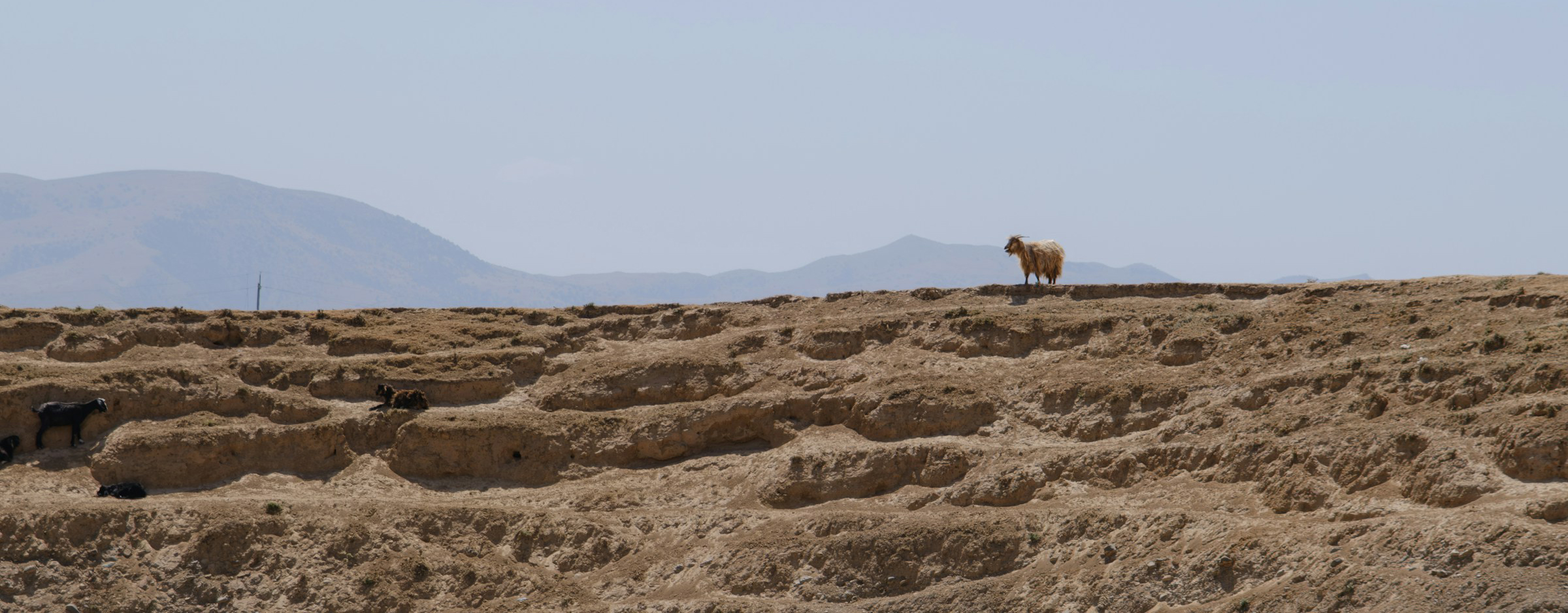
Strengthening Uzbekistan's pandemic preparedness through One Health
FAO's Pandemic Fund project enhances disease surveillance, laboratory capacity, and veterinary workforce development in Central Asia
As countries worldwide strengthen their pandemic preparedness capabilities, Uzbekistan is taking a comprehensive approach through a Pandemic Fund project. This initiative exemplifies the One Health approach, recognizing the interconnected nature of human, animal, plant and environmental health to strengthen the country's ability to prevent, prepare for, and respond to health threats.
A multi-component strategy
The project addresses pandemic preparedness through four critical components: building surveillance capacity for disease monitoring and early detection, strengthening laboratory infrastructure and diagnostic capabilities, developing veterinary workforce capacity through training programs, and fostering national and regional coordination across sectors.
This comprehensive framework recognizes that most emerging infectious diseases originate from animals, making veterinary systems a crucial frontline defense against future pandemics.
Transforming veterinary education
One of the project's most significant achievements has been the comprehensive assessment and enhancement of Uzbekistan's veterinary education system. From October to December 2024, an international expert conducted an in-depth evaluation of veterinary curricula in collaboration with the Veterinary Committee and Samarkand State University of Veterinary Medicine.
The assessment involved 21 stakeholders and evaluated 174 competency-based questions using the World Organization for Animal Health (WOAH) Day-1 Competencies framework. The findings revealed specific curriculum gaps and were immediately addressed through a targeted seminar for faculty and instructors, promoting alignment with international veterinary education standards.
Laboratory infrastructure upgrade
A cornerstone achievement has been the substantial upgrade of Uzbekistan's veterinary laboratory infrastructure. The delivery of 70 laboratory refrigerators nationwide represents a critical investment in maintaining the cold chain necessary for biological sample storage and testing.
This infrastructure enhancement enables stable cold-chain management for biological samples, significantly improving diagnostic reliability and accelerating animal disease detection. The project also distributed 3 000 printed guides on prudent antibiotic use, supporting antimicrobial resistance prevention efforts.
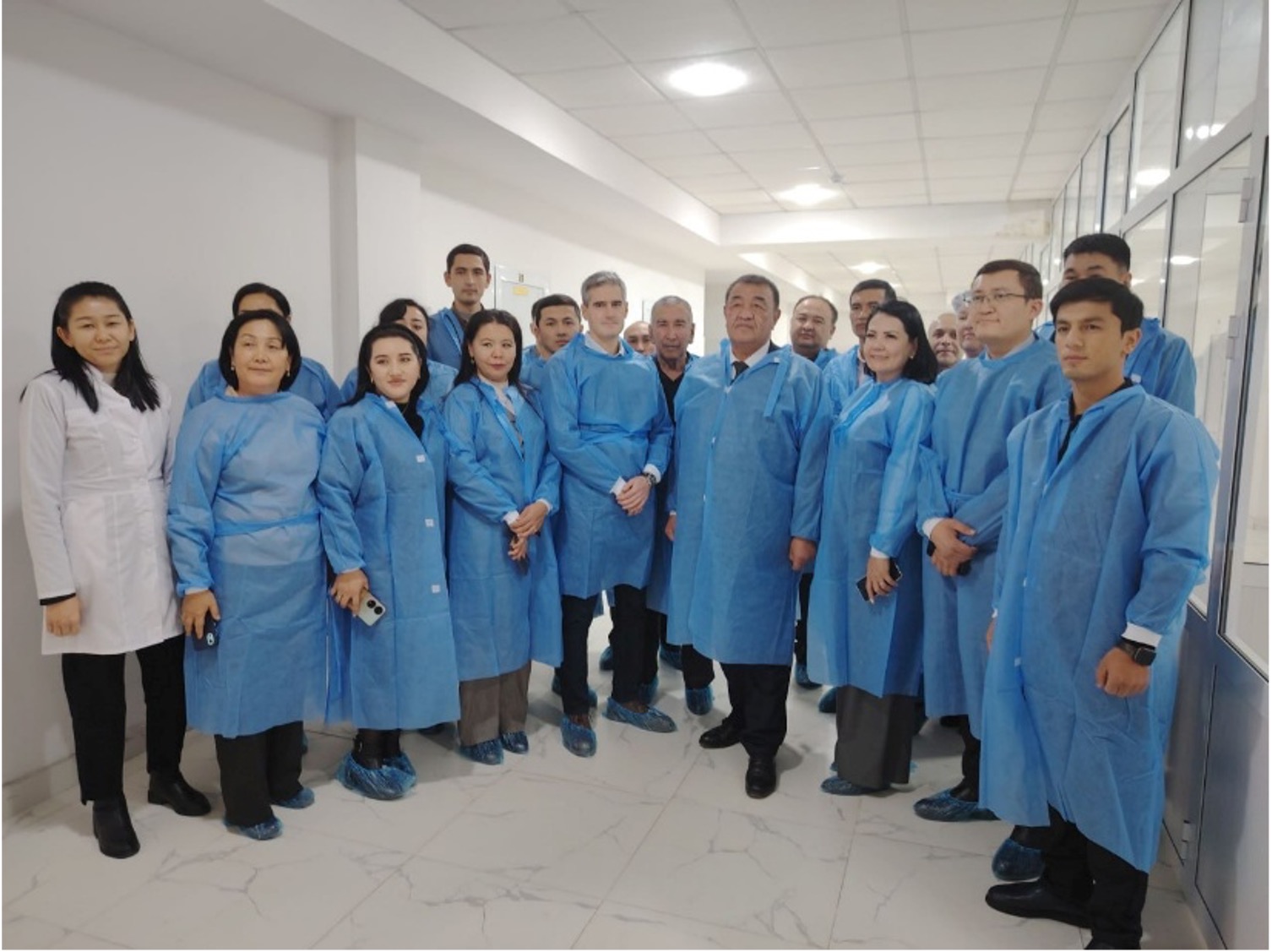
Building food safety capacity
The project organized national food safety training at the Republican State Center for Animal Disease Diagnostics and Food Safety, reaching 30 regional veterinary professionals, including participants from underserved areas such as Karakalpakstan. The training built capacity in hazard identification, risk assessment, and inspection procedures while advancing health equity at the local level.
International standards and coordination
The project's commitment to international standards was demonstrated through a WOAH Performance of Veterinary Services (PVS) Evaluation Follow-Up Mission conducted from January 13–24, 2025. The mission assessed veterinary system functionality across governance, technical authority, stakeholder interaction, and market access, providing critical benchmarking for national progress.
A National Coordination Meeting on pandemic preparedness brought together representatives from veterinary, public health, and environmental sectors alongside international organizations. This meeting strengthened interagency collaboration mechanisms and identified strategic actions to enhance pandemic prevention through the One Health approach.
Impact and future outlook
The project's comprehensive approach is generating measurable impact across multiple dimensions of pandemic preparedness. By strengthening veterinary education, laboratory systems, and workforce capacity, the initiative is building sustainable foundations for long-term resilience against health threats.
"The support provided through the FAO Pandemic Fund project has been instrumental in strengthening our veterinary workforce, improving disease surveillance, and building national resilience against zoonotic threats," said Raxmatullayev Shomurod, Deputy Head of the Animal Health Protection Department. "By advancing the One Health approach, we are better prepared to prevent and respond to future pandemics."
Through targeted investments in veterinary education, food safety, laboratory systems, and workforce development, FAO is strengthening WOAH PVS and WHO International Health Regulations core capacities, contributing to Better Production under the One Health approach by enhancing disease prevention, surveillance, and response at the human–animal–environment interface.
The achievements in Uzbekistan provide valuable lessons for other countries seeking to strengthen their pandemic preparedness capabilities through comprehensive One Health strategies, positioning the country as a model for pandemic preparedness in Central Asia.
Find out more
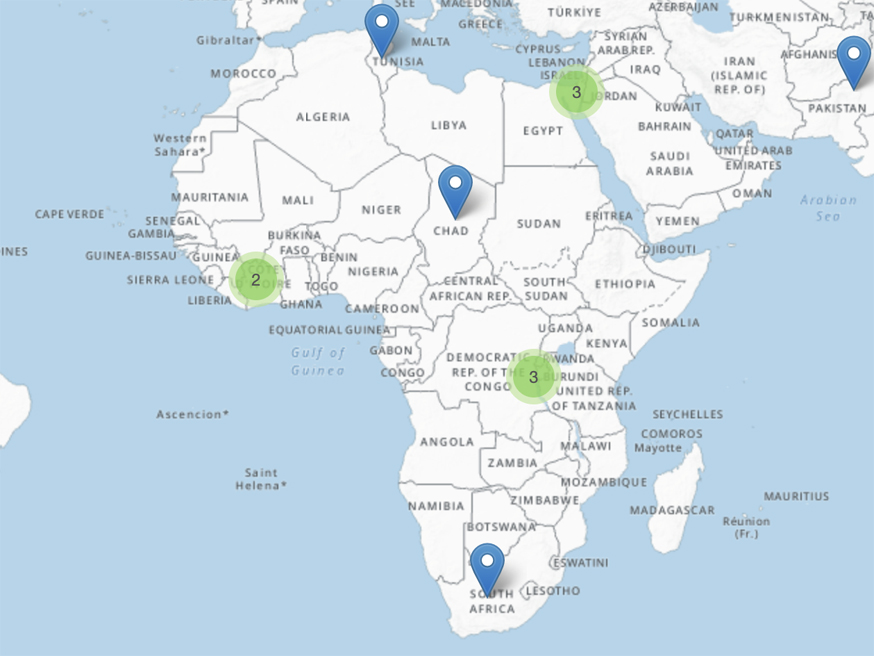
Projects
Pandemic Fund projects
FAO is co-leading the implementation of 32 Pandemic Fund projects worth over USD 165 million aimed to boost local and global health security.
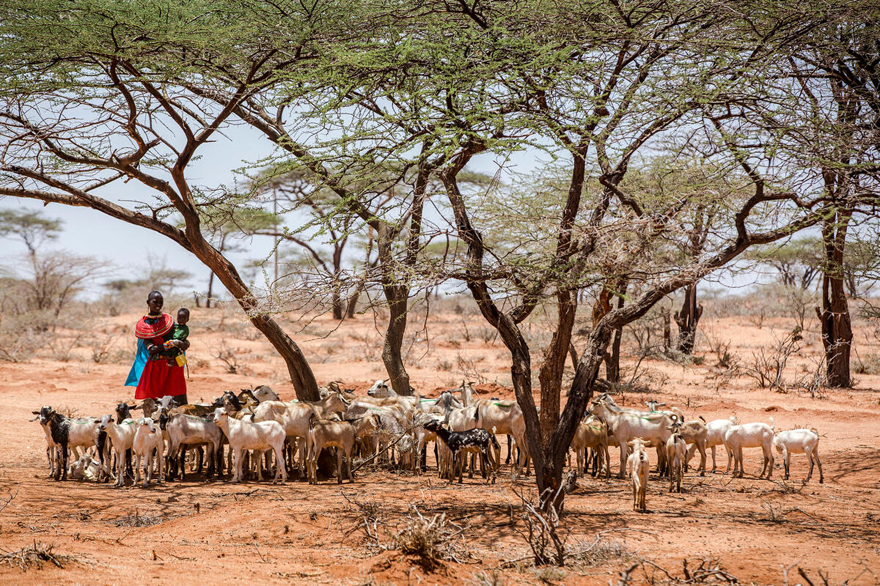
Projects
The Pandemic Fund
FAO is co-leading the implementation of 32 Pandemic Fund projects worth over USD 165 million aimed to boost local and global health security.
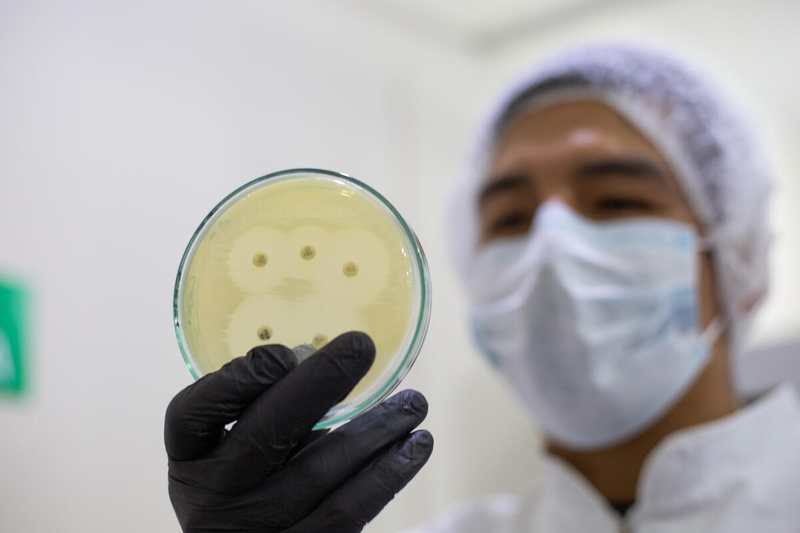
Highlights
Preventing the next pandemic
The emergence and global spread of COVID-19, Avian Flu and other zoonotic diseases cast a spotlight on the interconnectedness of human, animal, and environmental health.
